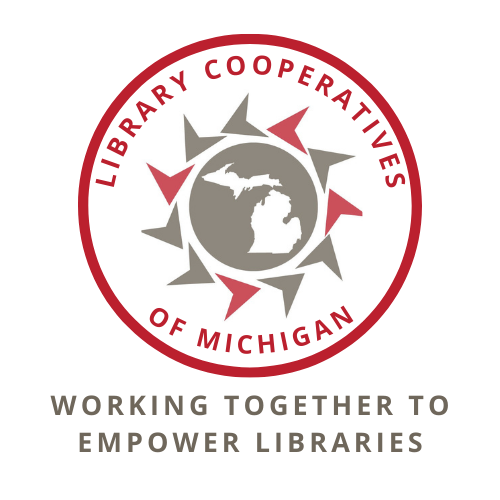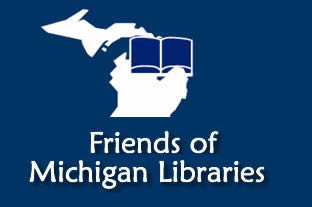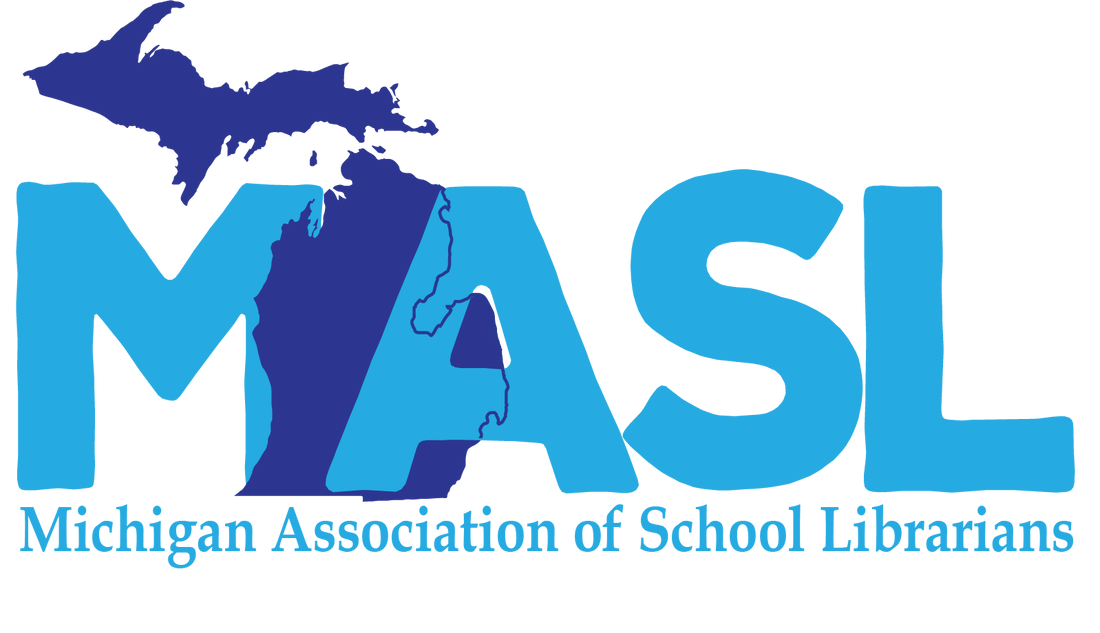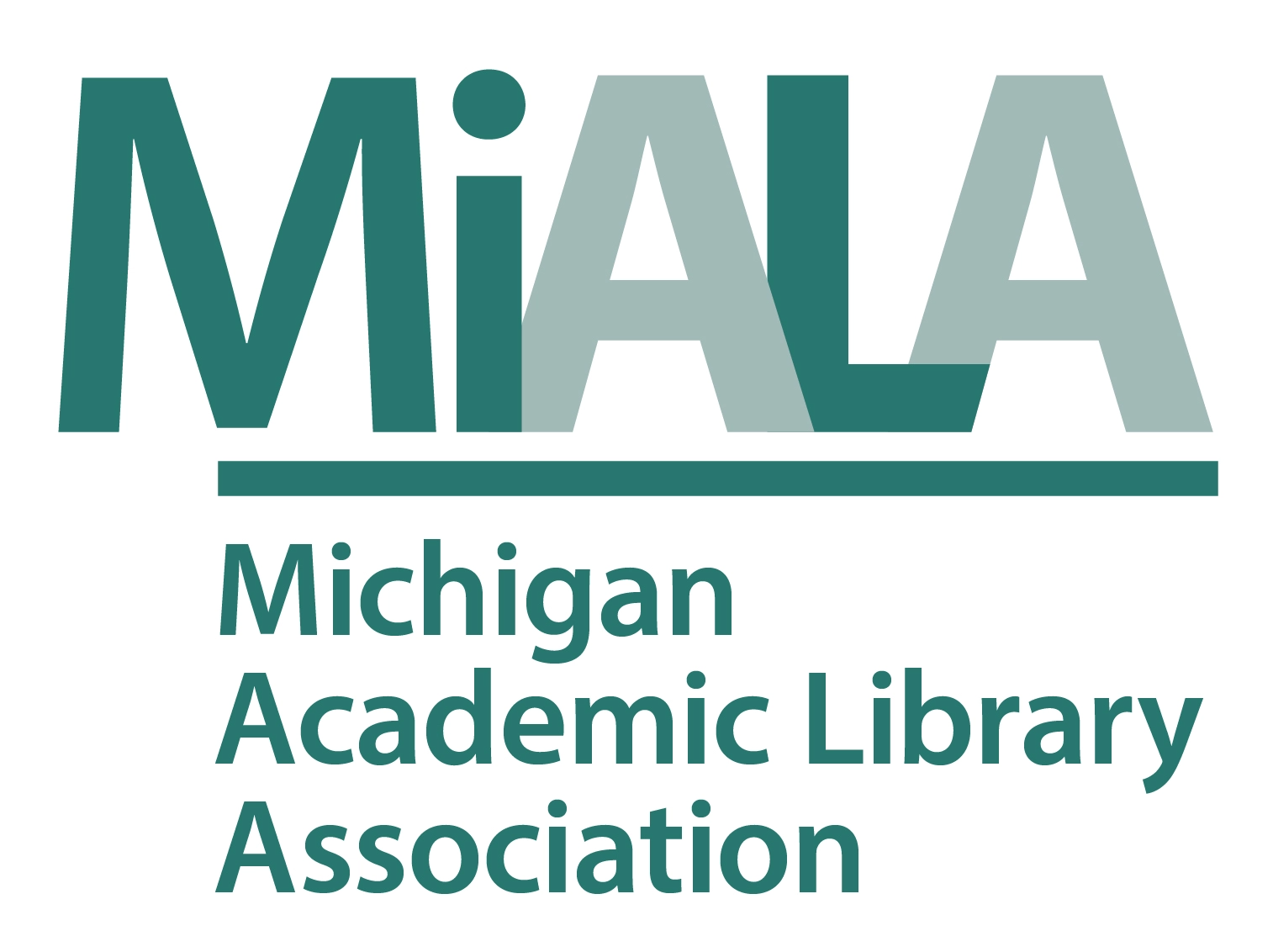| News - Advocacy |
| Thursday, September 28, 2017 12:00 AM |
MLA Advocacy - September 28, 2017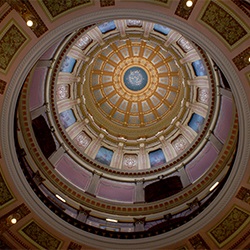
Libraries See Reduction in Penal FinesMany libraries are reporting a significant reduction in their penal fines. MLA has initiated a survey to help gather data on the trend. Information obtained from the Michigan State Police indicates that the decrease in the library fine revenue is a product of fewer citations being written. Apparently the MSP has been looking into the situation. They report a reduction in the total number of police officers, so departments with the ability to dedicate officers to traffic enforcement is reduced. Additionally, MSP attributes the decline to their working heavily in the Secure Cities Partnership, which is mostly disadvantaged communities. They indicate they are there for a larger purpose of reducing violent crime, and increasing community engagement so they don't emphasize writing citations in these areas. We are awaiting additional data from the department. In the meantime, we are also looking into the fines versus fees issue with the courts and judges to determine if there are measures that should be taken to rectify the situation in those areas. It’s important to note that while penal fines are guaranteed in the Michigan Constitution, parallel ordinances, municipalities’ practice of reducing civil fines to parking tickets and constant efforts by individual legislators to redirect these funds for other uses, it is likely we will continue to see these funding levels cycle down. Library Exemptions From Tax Capture Continue to IncreaseMLA spearheaded legislation, signed into law in January, that provides libraries with relief from the burden of tax capture. SB 619-624, now Public Acts 505-510 mean millions of future tax dollars will go to our libraries. Many libraries are reporting good results from their communications with their local tax capture authority. Their millages are now exempt. Additionally, we are hearing about a number of authorities requesting an opportunity to showcase their work to the library board. This is exactly what we hoped to achieve with this legislation. Transparency and accountability on the part of the tax capture and a choice for the library board. Some libraries are choosing to remain in the tax capture, others are opting out. There are some instances where tax capture authorities are denying the library the choice to opt out. Each of these situations should be reviewed on a case by case basis. There may be alternative actions the library can take to achieve satisfactory results. In some cases it may be wise to simply wait until your new millage goes to the ballot. It is important to note that asking voters for a renewal of a millage is in essence requesting a new millage. Once a millage expires, any extension of those mills is a renewal of the amount on a brand new millage. For more information on tax capture and other advocacy issues join us at MLA 2017 on Wednesday, October 18, 10:30 a.m. for our advocacy update. If you have specific tax capture questions, join us for our Ask the Lawyer session with Anne Seurynck on Friday, October 20 at 10:15 a.m. where we will devote the first portion of the session to tax capture questions. The new laws exempt any library millage approved by voters after January 1, 2017 from capture by any Downtown Development Authority, Local Development Financing Authority, Water Resource Improvement Tax Increment Finance Authority, Tax Increment Finance Authority, Corridor Improvement Authority and Historical Neighborhood Tax Increment Finance Authority. With respect to library millages approved before January 1, 2017, the existing millages would be exempt from capture if there are no outstanding bonds or obligations. The goal of this legislation was to allow libraries to determine if tax capture is right for their patrons. We believe tax captures should be transparent in their activities, explain their value to library boards and then request an opt-in from libraries. Depending upon your library's situation, your library millage may qualify for an automatic exemption or the library board may have to take affirmative action to opt out. There is an exception in the bills for certain city libraries, city libraries established under PA 164 section 1 or 10 a (MCL 25 397.201 and 397.210A) or established under 1869 LA 233 may not be eligible for automatic or "opt out" exemptions, so those libraries should continue to work with their city leadership on an opt out plan if that is their choice. Automatic Exemptions:For those millages that are automatically exempt, the library board may still choose to allow the millage to be captured. This requires library board approval. After thoughtful consideration, if your library desires to move forward with the automatic exemption, it's time to respectfully notify your city or township treasurer. If you have not yet sent this communication or if you have not received a response, we recommend that you send this communication soon. If your library has a millage that has been previously captured by a tax capture authority, is now exempt by law, and you would like to ensure that the automatic exemption is being applied, you can email your city or township treasurer the following information: "The (Downtown Development Authority Act or insert applicable act here _______________) was recently amended to exempt certain library millages from capture. The (insert Library name here) Library's millage is automatically exempt under the new law because the millage was approved by voters before January 1, 2017 and the (DDA or insert applicable act here) has no outstanding bonds or obligations. Please confirm that the library millage will no longer be captured." While any new millages from January 1, 2017 forward are automatically exempt, if you are concerned that the new millage may be captured, your library should clarify with the city or township treasurer that the new millage will not be subject to capture. Exemptions that Require a Library Opt Out:In certain circumstances, millages may not be automatically exempt, but the library may still have an opportunity to opt out of the millage. Those situations are as follows: 1. Libraries should proactively continue to opt out of any new tax capture if that is their choice. (Board resolution and letter to authority.) 2. A library may now opt out of any current tax capture when it changes either its boundaries or extends the duration of an existing finance plan. Your library board must take affirmative action to opt out when the notification of expansion or change takes place. (Board resolution required and letter to authority.) Technical BillsWe continue our work on a technical bill package that would clarify language regarding the exemptions. The bills continue through the drafting process as we identify any necessary changes. To avoid any possible challenges to your library's tax capture exemption, you should continue to take action to proactively opt out of a new tax capture if that is your board's decision. That includes a board resolution and letter to the tax capture authority within 60 days of notification of a meeting. These accomplishments are a tremendous first step and our work continues on this important issue. Libraries were the only special millage to receive an exemption. After decades of hard work on this issue, the legislature and the governor recognized the importance of library funding. When you meet with your legislators, be sure to thank them again for their support. Please feel free contact me with questions. Some libraries may need to consult their attorney. Disclaimer: This is not legal advice. It is for informational purposes only. If you have legal or technical questions, please consult your library's attorney for guidance. Campaign Finance Bills Pass Without AmendmentsSenate Bills 335 and 336 introduced by Sen. Dave Robertson (R-Grand Blanc) were recently enacted amending the campaign finance bill which basically addresses PAC and Super PAC contributions and reporting. MLA was watching carefully for any attempt to include an amendment similar to the language in last year's SB 571 which prohibited certain communication with the public 60 days prior to a ballot question. As you may recall our opposition led to an injunction by a federal judge reversing that portion of the new law. The new bills passed both chambers without such an amendment. November Only Millage Bill ResurfacesRep. Thomas Albert (R-Lowell) has introduced HB 4814 which is another attempt to move all millages to the November ballot. We worked with the sponsor of a similar bill last year with good results and continue our work to see libraries are not impacted by this type of change. |


